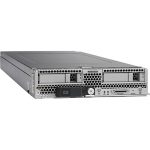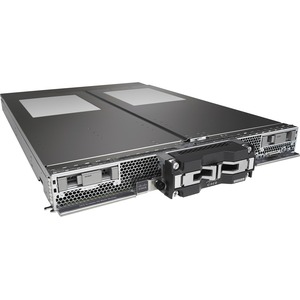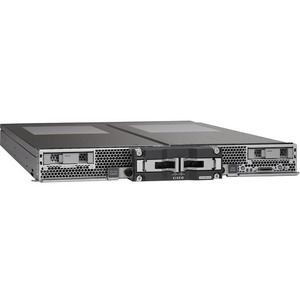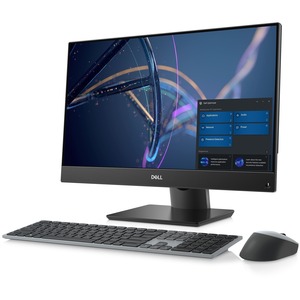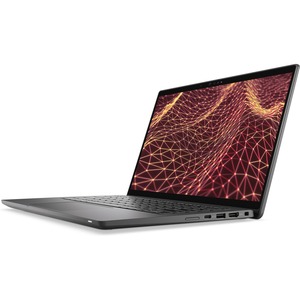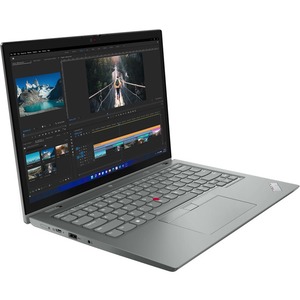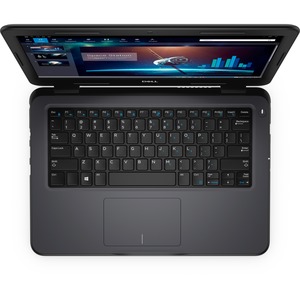Description
Cisco B260 M4 Blade Server – 2 x Intel Xeon E7-2880 v2 2.50 GHz – 512 GB RAM – 12Gb/s SAS Controller – 2 Processor Support – 3 TB RAM Support – 0, 1 RAID Levels – Matrox G200e Up to 8 MB Graphic Card – 10 Gigabit Ethernet – Hot Swappable Bays
The Cisco Unified Computing System™ (Cisco UCS®) combines Cisco UCS B-Series Blade Servers and C-Series Rack Servers with networking and storage access into a single converged system that greatly simplifies server management and delivers greater cost efficiency and agility with increased visibility and control . Cisco UCS automates all aspects of server deployment and provisioning through model-based service profiles: software objects that contain all attributes necessary to provision servers.
The new Cisco UCS B260 M4 Blade Server is the new server building block in Cisco’s innovative server and Cisco UCS solutions. The increased performance of this new blade server continues the evolution of Cisco’s revolutionary Cisco UCS platform with its advances in fabric-centric computing, open APIs, application-centric management, and hardware infrastructure abstraction.
Increased Performance and Architectural Advantage
The Cisco UCS B260 M4 combines the power of two Intel® Xeon® processor E7 v3 product family and accelerates access to critical data. This blade server supports up to 36 processor cores, 3.0 TB of memory, 2.4 TB of internal storage, and 160 Gbps of overall Ethernet throughput. In addition, the Cisco UCS B260 M4 server’s innovative modular design offers the capability to upgrade to a 4-socket Cisco UCS B460 M4 server in a cost-effective manner. Simply add another blade module, along with the Cisco UCS M4 Scalability Connector, to double the computing, memory, and I/O capabilities of the server.
These innovative capabilities enable the Cisco UCS B260 M4 Blade Server to deliver the performance and enterprise-critical stability for memory-intensive workloads, such as database, virtualization, and consolidation applications. These mission-critical business workloads then become a competitive advantage by enabling you to harness the value of your most important data assets.
The fabric-centric, architectural advantage of Cisco UCS also means that you do not need to purchase additional power, cooling, and warranties or maintain excess switches and interface cards in each Cisco UCS blade chassis. This feature gives you uncompromised expandability and versatility in your blade servers. As a result, the Cisco UCS B260 M4 server is another example of a Cisco UCS B-Series Blade Server product that delivers leading computing, memory, and I/O performance, resulting in exceptional performance levels and expandability options for applications.

